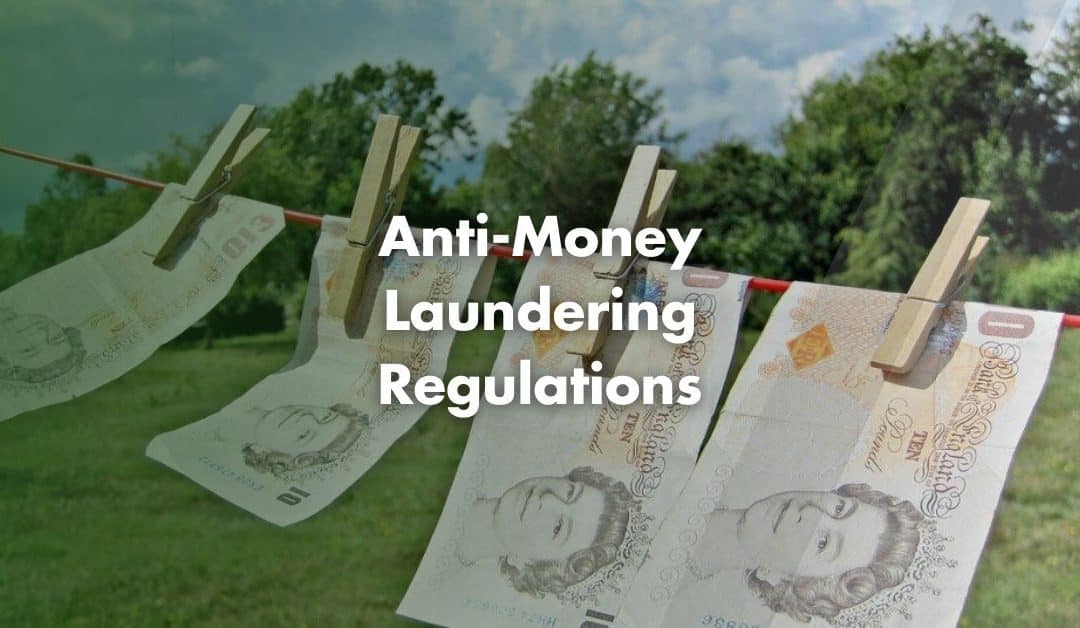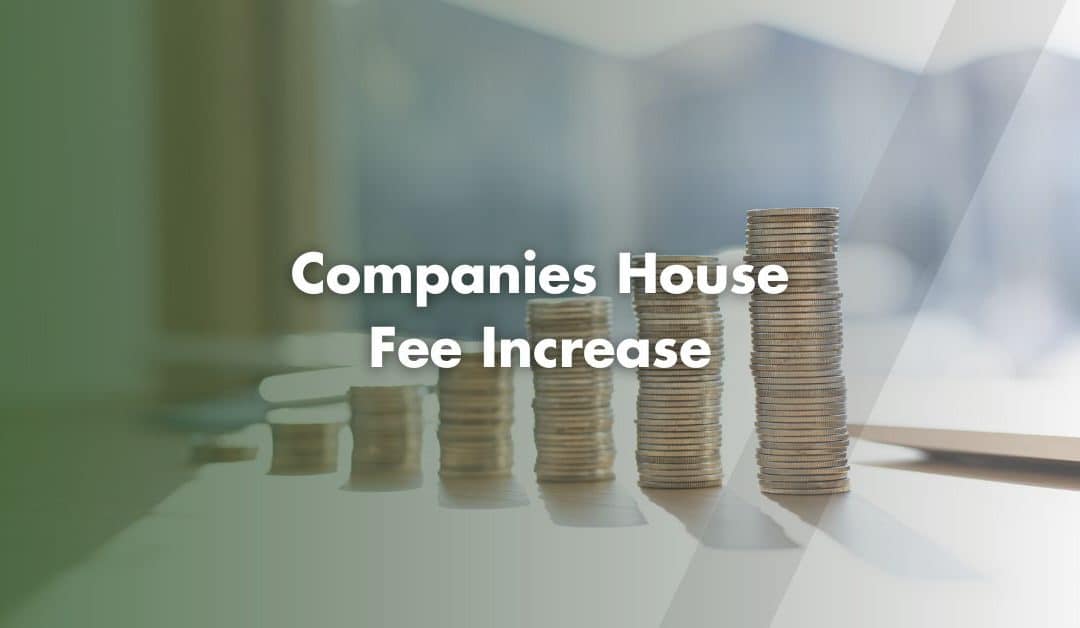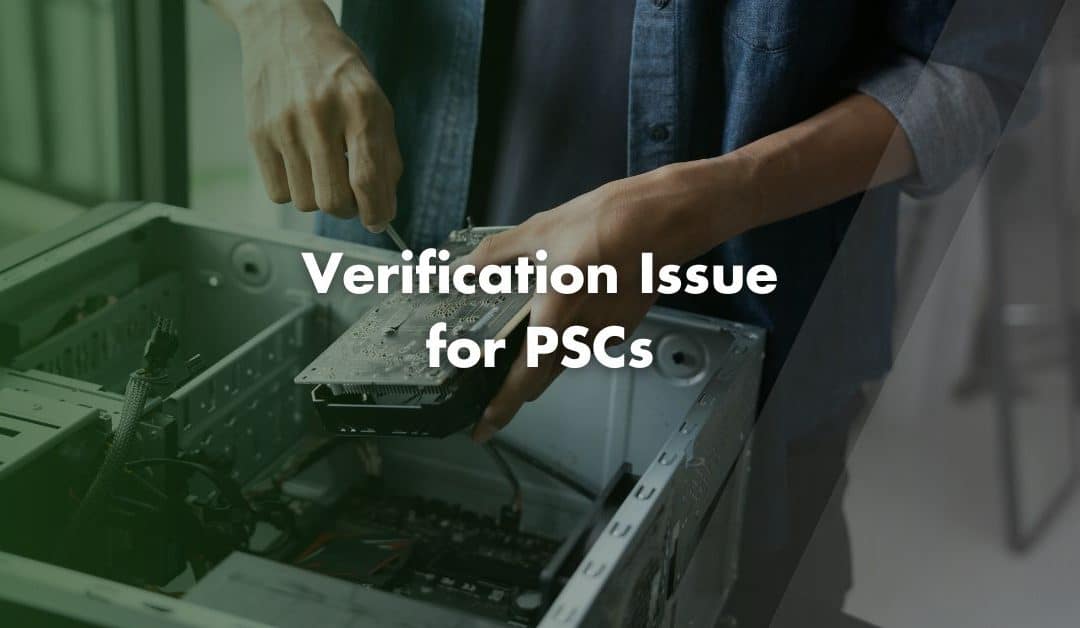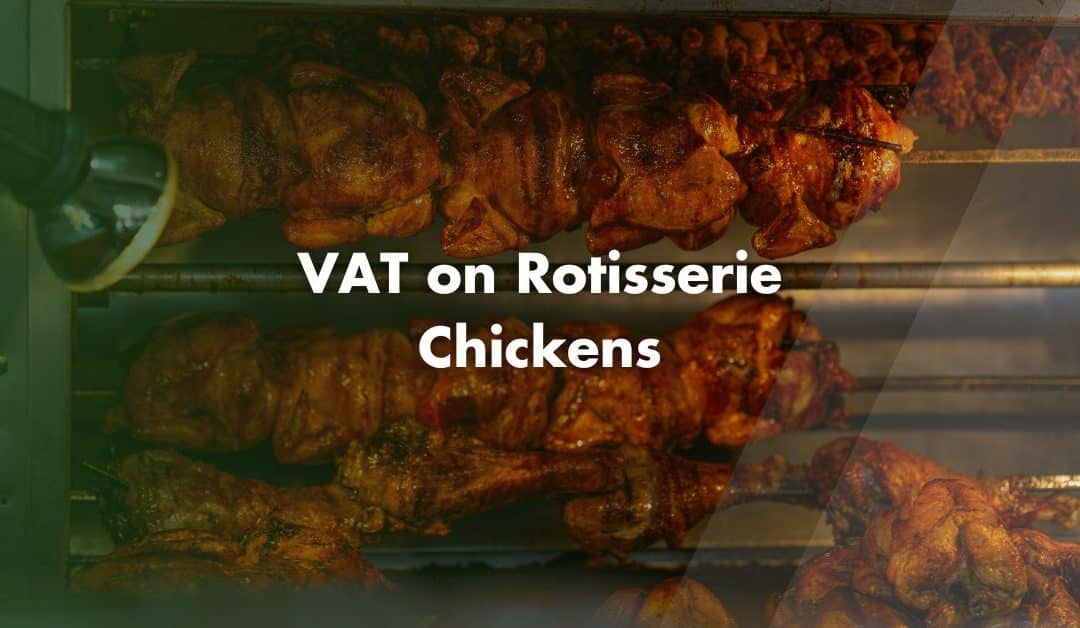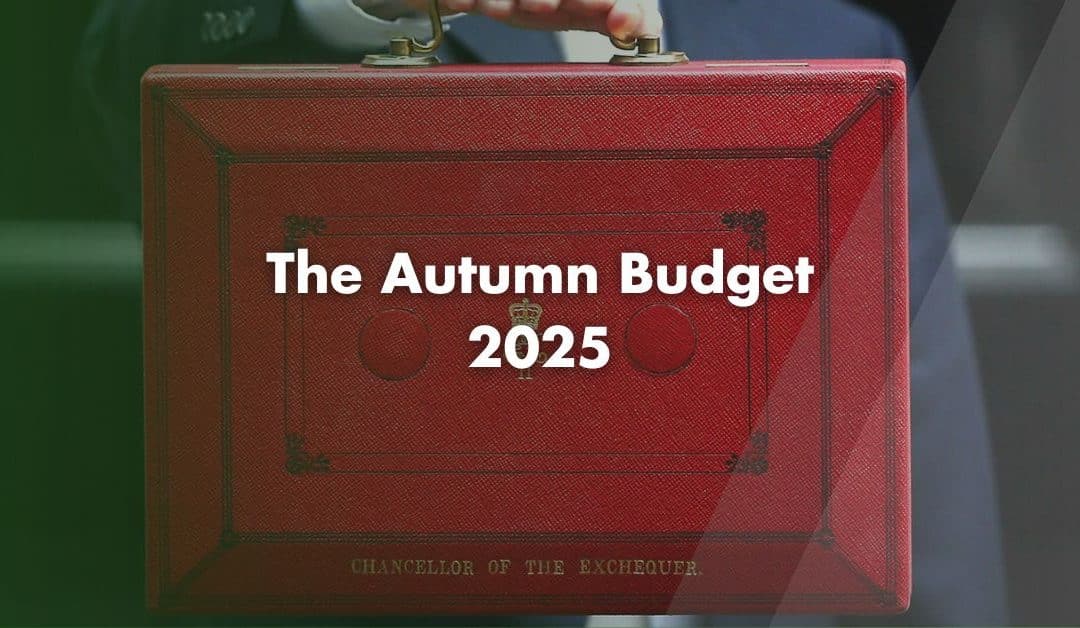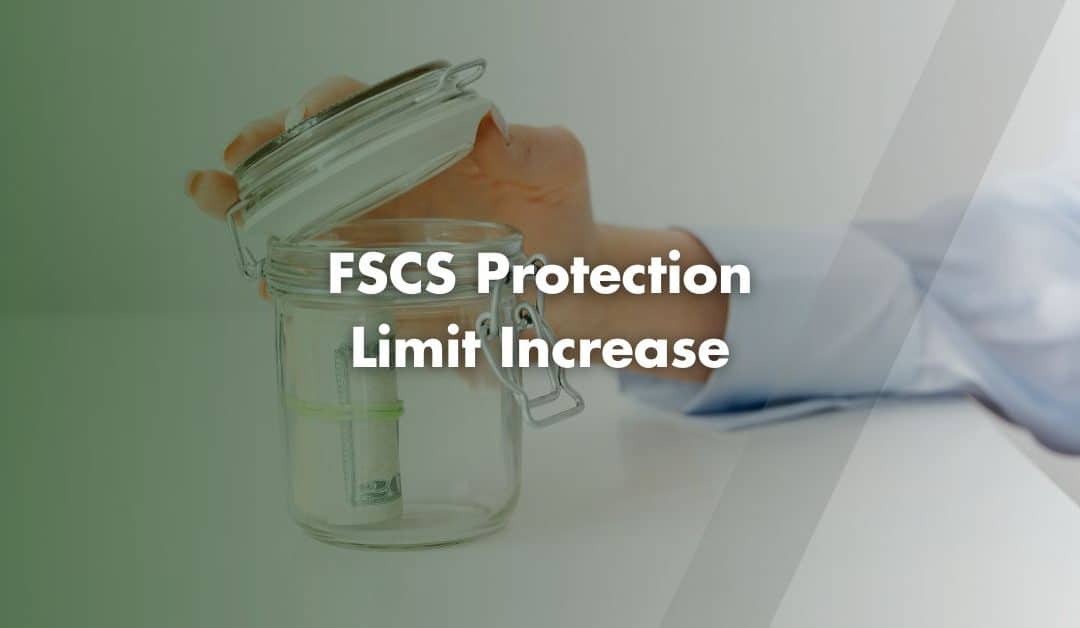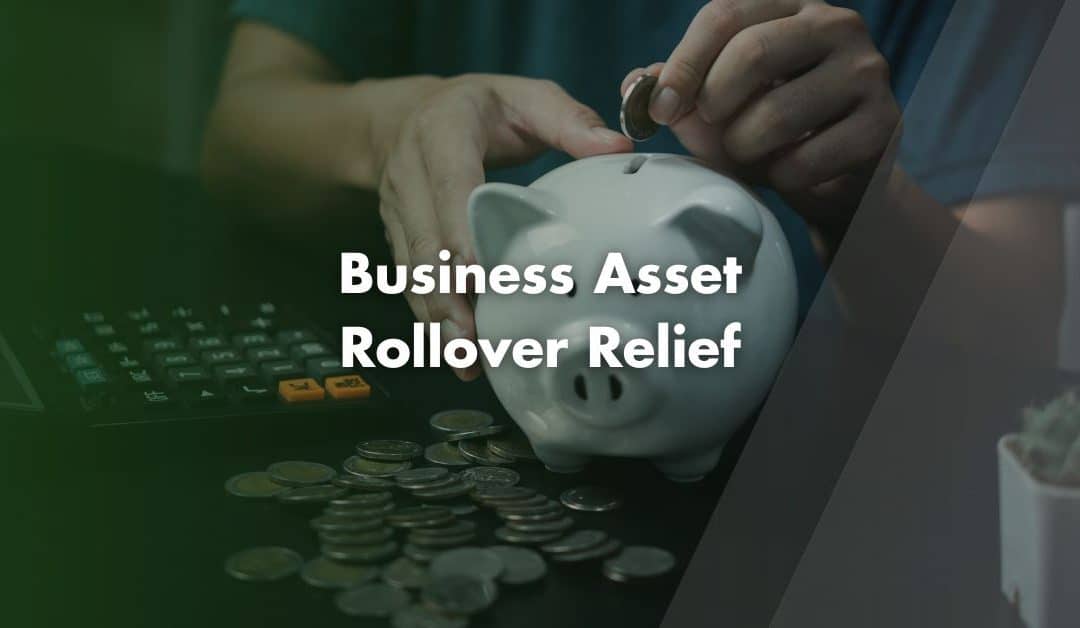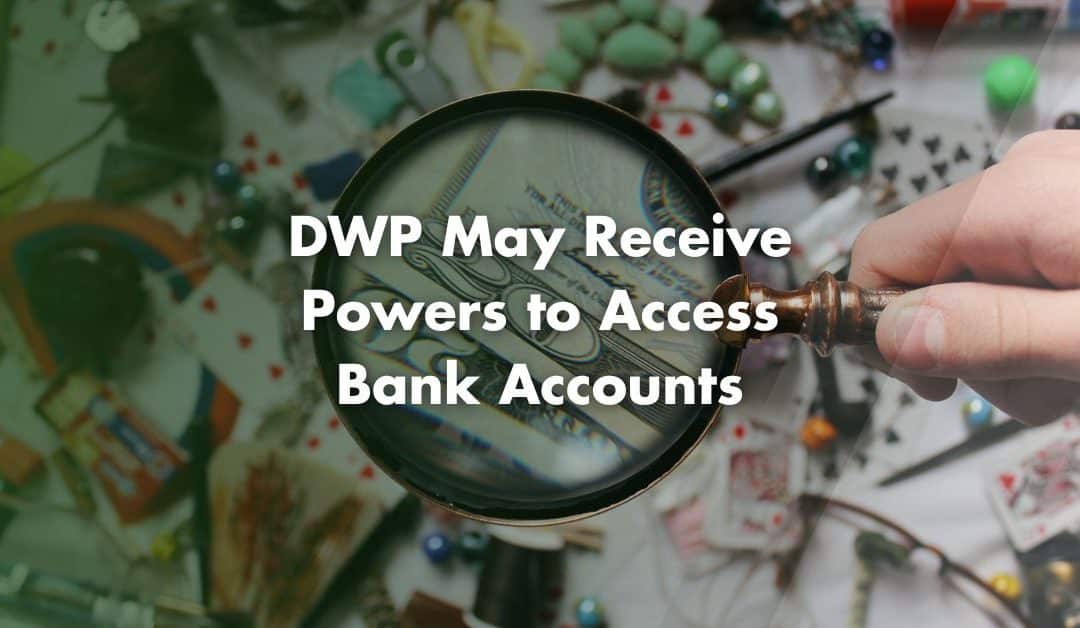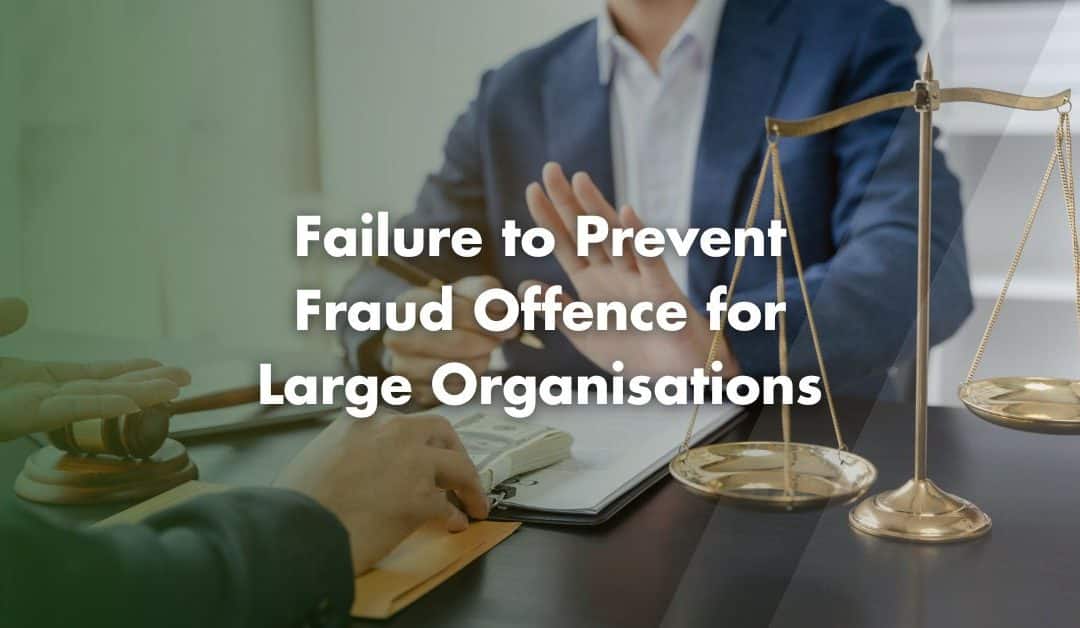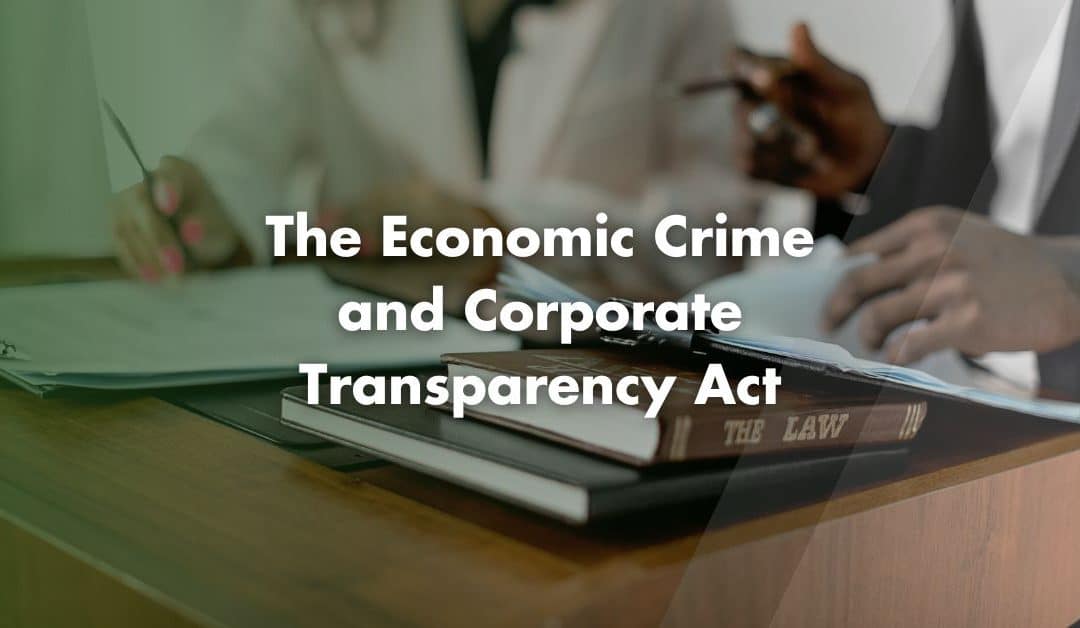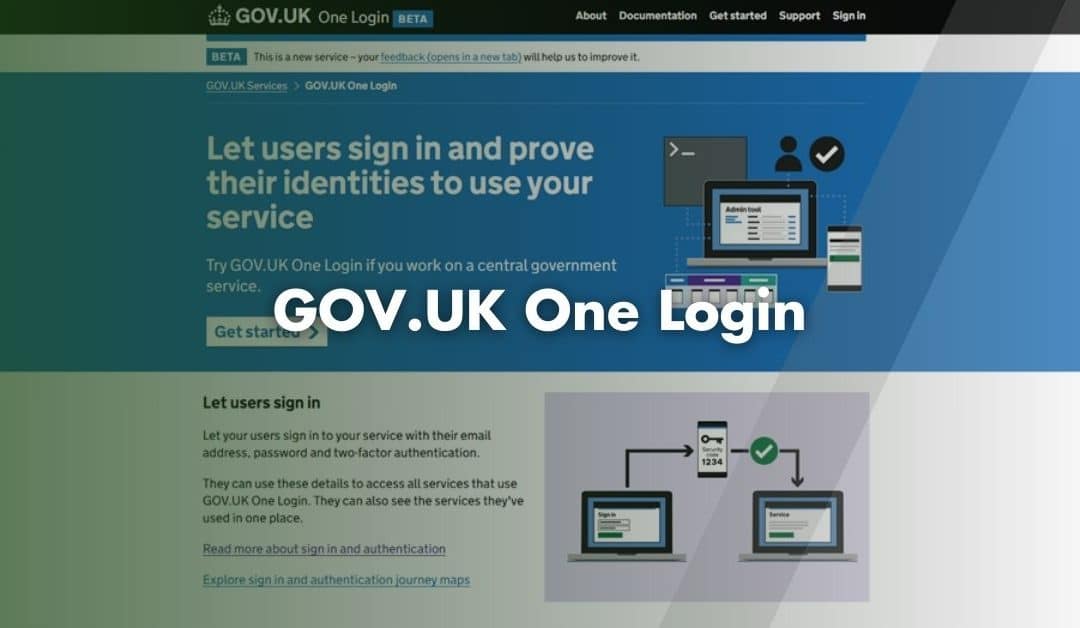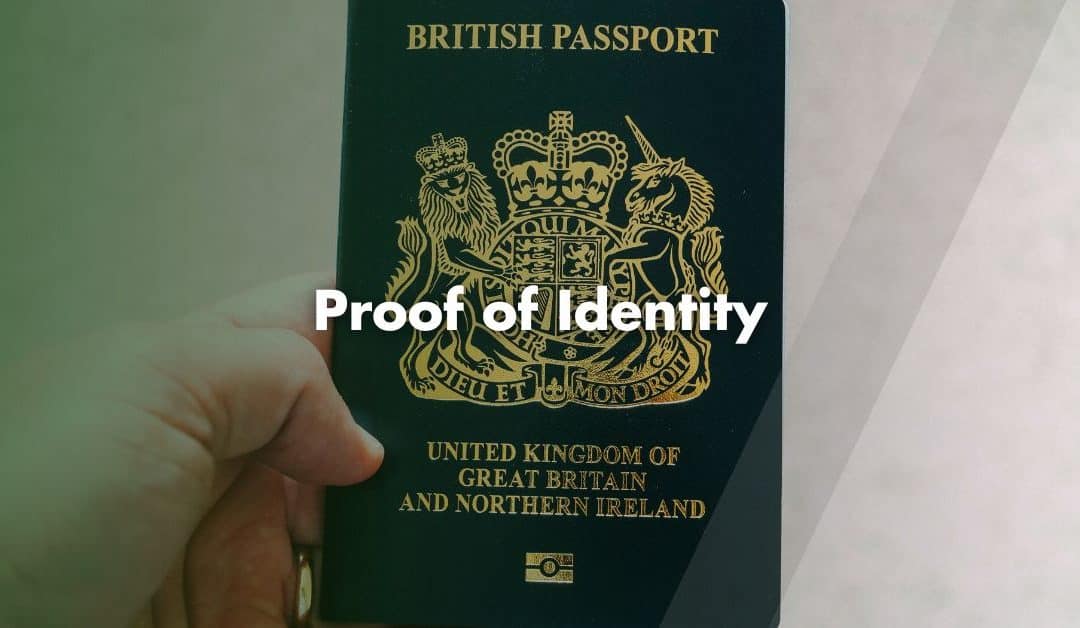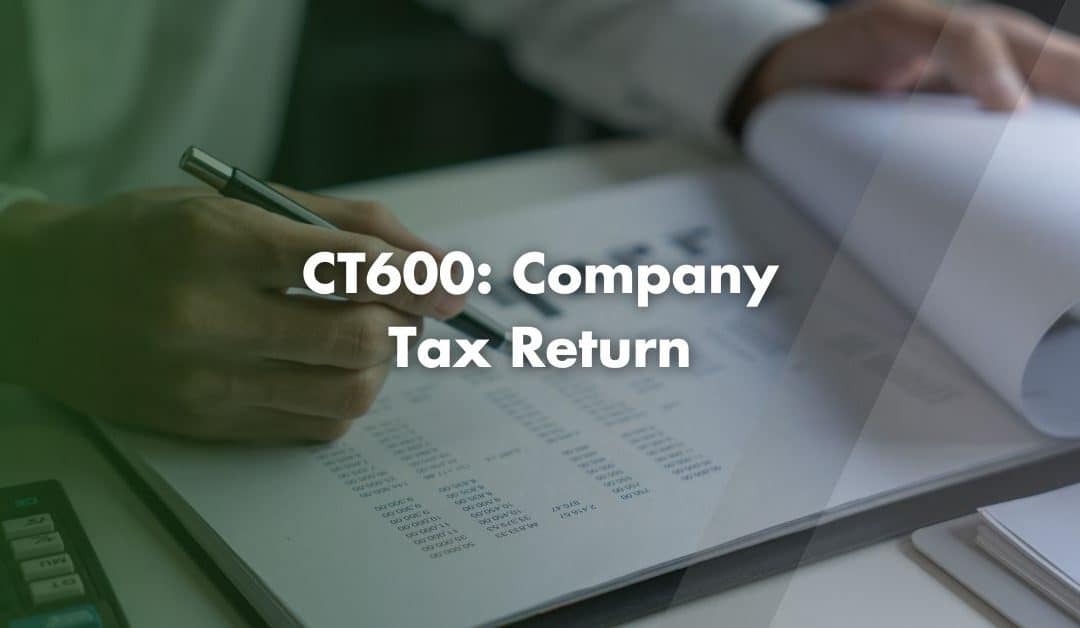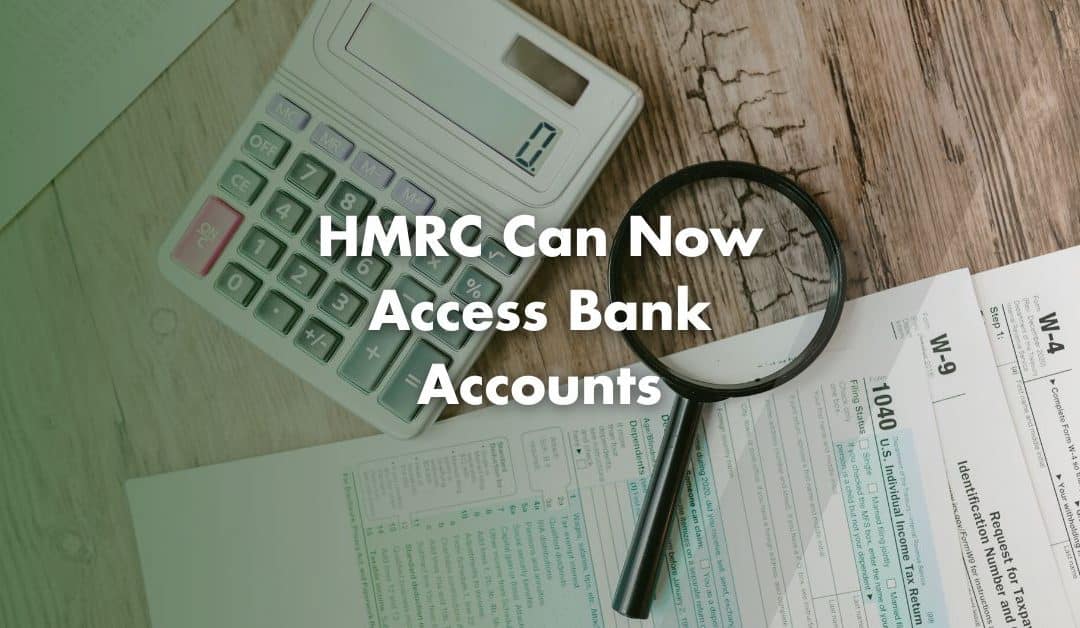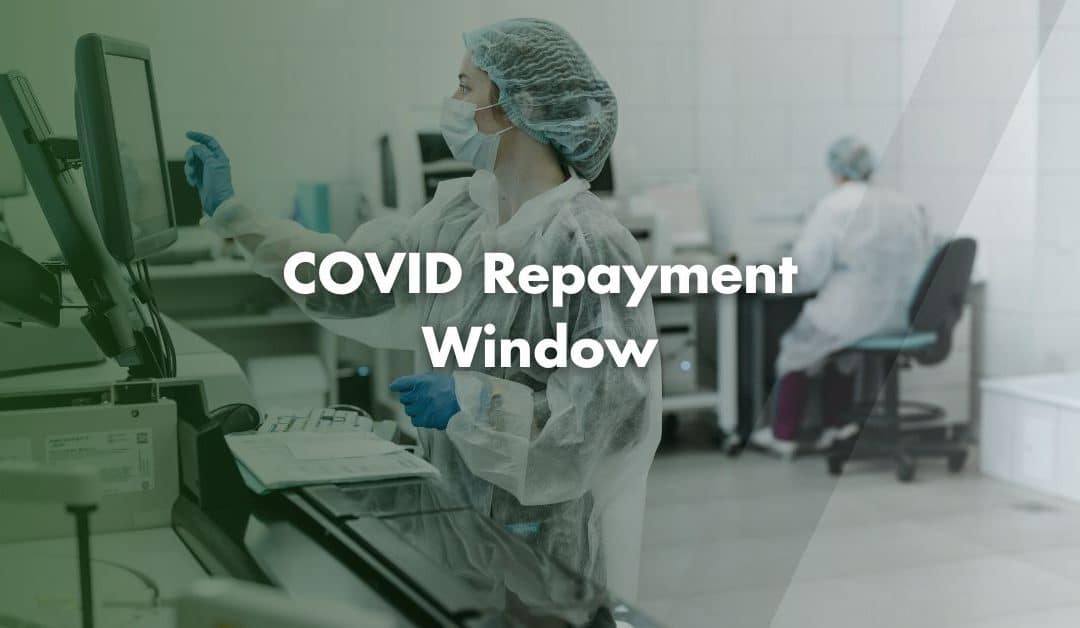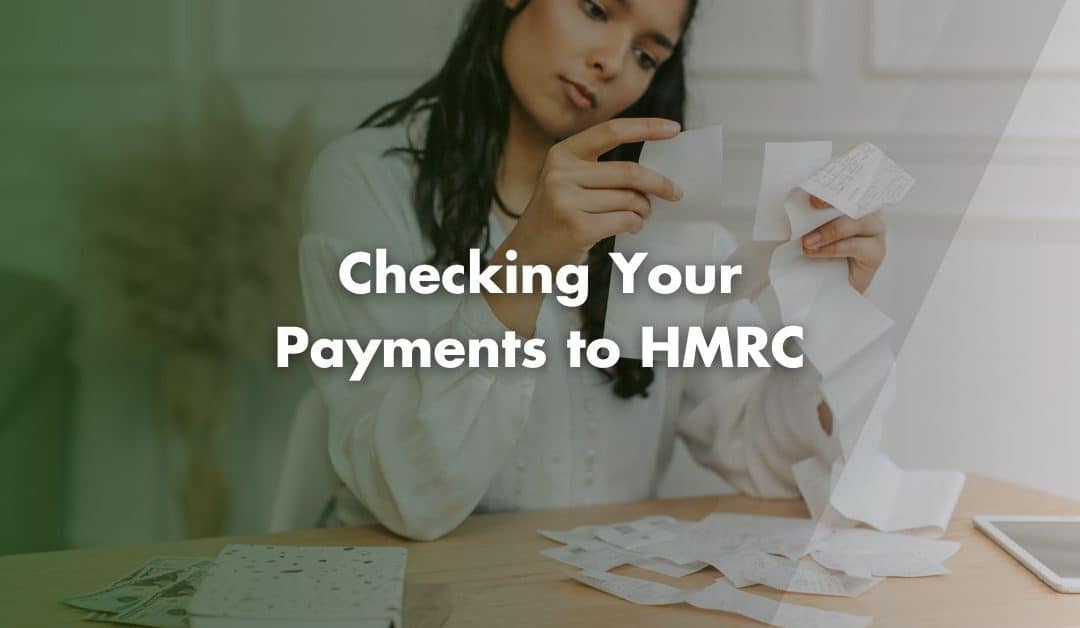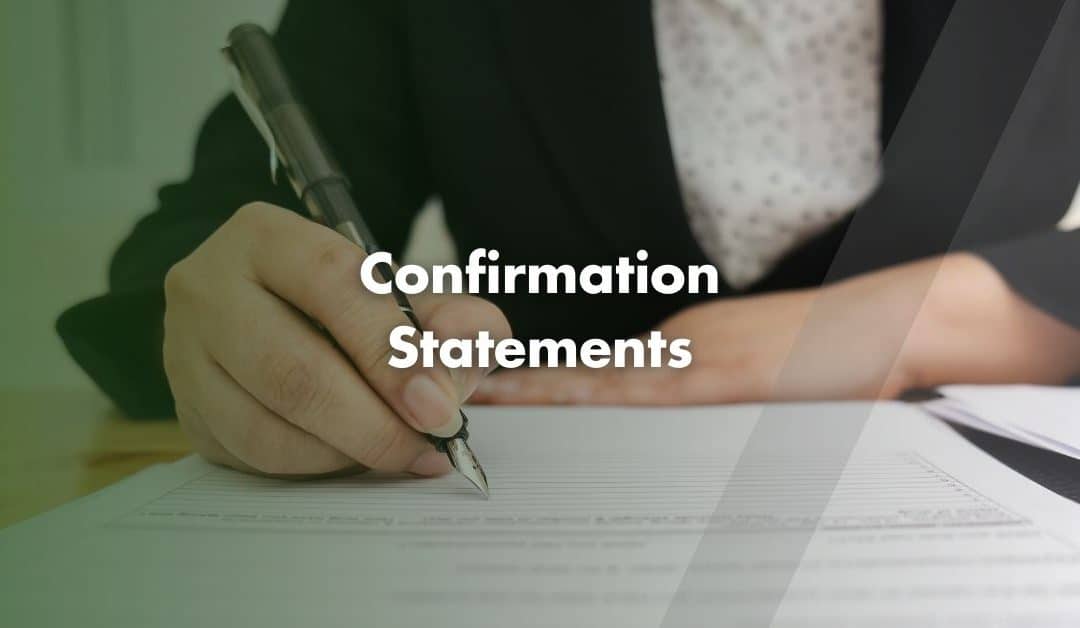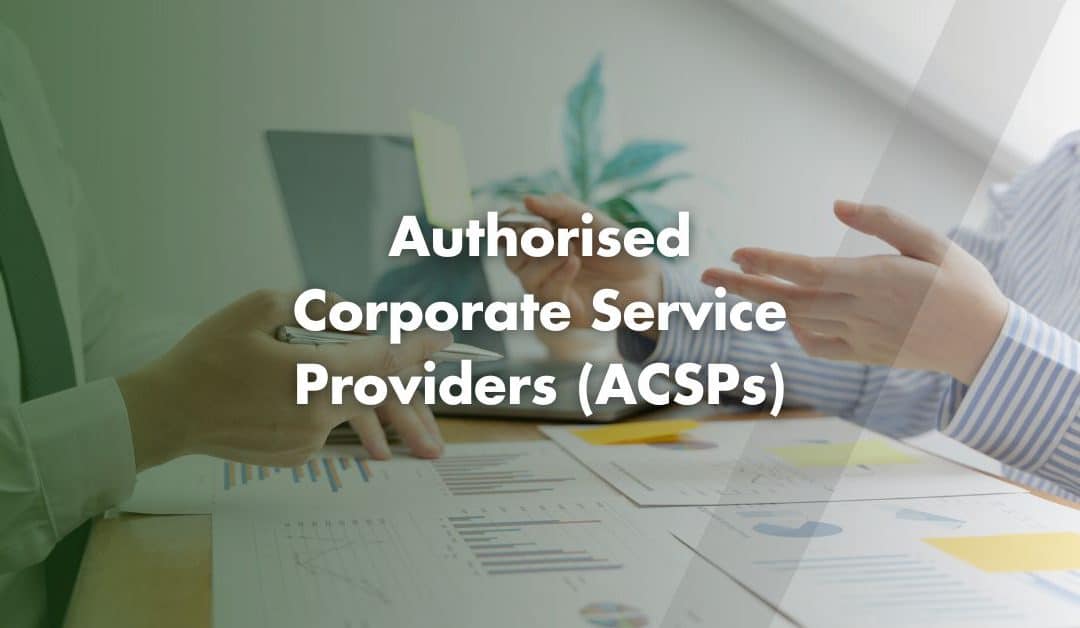
by Pi Accountancy | Feb 4, 2026 | Advisory and Resources, Companies House, Director, Regulations and Schemes, Self-Employment and SMEs
Authorised Corporate Service Providers (ACSPs) will play an important role in how businesses continue to interact with Companies House. They will help confirm identities and protect the public register from misuse. Over time, most third-party agents will also need to...

by Pi Accountancy | Feb 2, 2026 | Advisory and Resources, Regulations and Schemes, Self-Employment and SMEs
Money laundering is the process of disguising illegally obtained earnings to make them appear legitimate. In the UK, Anti-Money Laundering (AML) Regulations are in place to detect, prevent and prosecute these activities. This is a global issue which undermines the...

by Pi Accountancy | Jan 28, 2026 | Companies House
From 1 February 2026, there will be a fee increase for many Companies House services, as well as some decreases and new fees. Companies House review their fees every year to reflect the cost of delivering their services. Companies House Fee Increase (By Category)...

by Pi Accountancy | Jan 7, 2026 | Companies House, Director, Regulations and Schemes
From 18 November 2025, Companies House introduced mandatory identity verification for company directors and People with Significant Control (PSCs). This forms part of the Economic Crime and Corporate Transparency Act (ECCTA) and aims to improve transparency while...

by Pi Accountancy | Dec 19, 2025 | Advisory and Resources, Business, HMRC, Regulations and Schemes, VAT
VAT on hot food often causes confusion for businesses and customers alike. One of the most high-profile and closely watched VAT disputes involved Morrisons and its rotisserie chickens. After a lengthy legal battle, the First-Tier Tax Tribunal have ruled against...

by Pi Accountancy | Dec 16, 2025 | Advisory and Resources, Business, Regulations and Schemes, Taxes
Many people exchange Christmas presents without ever worrying about tax. Gifts between friends and family are usually not subject to Income Tax, but large lifetime gifts can have Inheritance Tax implications for the giver. However, when gifts relate to work or...

by Pi Accountancy | Nov 26, 2025 | Advisory and Resources, Regulations and Schemes, Taxes, The Budget
The November Budget 2025 has arrived. The unexpected and accidental early publication caused a buzz in Westminster and gave the public an early look at the government’s plans. The 2025 Budget introduces major tax changes, new support measures and several important...

by Pi Accountancy | Nov 20, 2025 | Advisory and Resources, General, Regulations and Schemes, The Budget
From 1st December 2025, savers across the UK can enjoy much stronger protection for their money. The Financial Services Compensation Scheme (FSCS) will increase its protection limit from £85,000 to £120,000. The Bank of England approved this rise because inflation has...

by Pi Accountancy | Nov 13, 2025 | Business, Regulations and Schemes
If you sell a business asset, you will likely face a Capital Gains Tax bill. However, if you plan to reinvest the proceeds into another business asset, you may be able to delay paying the tax by claiming Business Asset Rollover Relief. What is Business Asset Rollover...

by Pi Accountancy | Nov 6, 2025 | HMRC
Starting from 2026, the Department for Work and Pensions (DWP) will gain new powers to check the financial eligibility of certain benefit claimants. These powers fall under the Public Authorities (Fraud, Error and Recovery) Bill and should save around £940 million...

by Pi Accountancy | Nov 5, 2025 | HMRC
The “Failure to Prevent Fraud” offense means a large organisation can be held criminally liable if it benefits from fraud committed by an employee, agent or another associate acting on its behalf. This offence applies even if the organisation did not...

by Pi Accountancy | Nov 4, 2025 | Companies House, Regulations and Schemes
The Economic Crime and Corporate Transparency Act (ECCTA) 2023 tackles financial crime and increases corporate transparency in the UK. The Act introduces stricter regulations on businesses to prevent economic crimes such as fraud and money laundering. The Act received...

by Pi Accountancy | Oct 29, 2025 | Advisory and Resources, HMRC, Taxes
Dealing with HMRC can often feel like navigating a maze. Fortunately, you do not need to manage everything on your own. You can authorise an agent or someone you trust to act on your behalf. This allows them to handle your tax affairs directly with HMRC while you stay...

by Pi Accountancy | Oct 22, 2025 | HMRC
The Government Gateway is the UK’s system for accessing many HMRC services, including managing your personal and business taxes. If you’re new to the Government Gateway, this guide will walk you through the process of setting up your account, holding tax...

by Pi Accountancy | Oct 21, 2025 | HMRC, Taxes
The Personal Tax Account has changed the way taxpayers handle their tax affairs. Since its launch in December 2015, millions of people have used this online service to manage their taxes. What is a Personal Tax Account? Before the introduction of digital tax services,...

by Pi Accountancy | Oct 15, 2025 | Advisory and Resources, Companies House, HMRC
Accessing different government services online used to mean juggling a long list of usernames, passwords and sign-in methods. Some departments shared common systems, such as Government Gateway, but many still maintained their own separate logins. Now, the government...

by Pi Accountancy | Oct 14, 2025 | Advisory and Resources, Business, Companies House, Regulations and Schemes
Verifying your identity has never been more important. Whether you are setting up a company or becoming a director, you must prove who you are. Proof of Identity checks protect everyone involved and keep businesses compliant with legal requirements. Identity...

by Pi Accountancy | Oct 1, 2025 | Advisory and Resources, Business, Corporation Tax, Regulations and Schemes, Taxes
Running a limited company comes with responsibilities and one of them is filing your Company Tax Return. You do this using the CT600. Knowing what this form is and how to submit it correctly can save you time and money. What is the CT600? The CT600 is the official...

by Pi Accountancy | Sep 30, 2025 | HMRC, Taxes
HMRC has relaunched a scheme that allows it to access take unpaid taxes directly from people’s bank accounts. If you owe at least £1,000 and ignore repeated reminders, HMRC can now instruct your bank or building society to release the funds. This includes money...

by Pi Accountancy | Sep 23, 2025 | COVID-19, Regulations and Schemes
The government has opened a voluntary repayment window for people and businesses that received unentitled COVID support money. This is your final chance to repay what you owe. The window stays open until December 2025. Official Guidance: Covid repayment window opens...

by Pi Accountancy | Sep 17, 2025 | Companies House
Managing and being named under multiple businesses is common in the UK. Many entrepreneurs and investors register more than one company under their name on Companies House. While this is perfectly legal, it can sometimes raise questions. Without proper management,...

by Pi Accountancy | Sep 11, 2025 | Companies House, Frequently Asked Questions
A Dormant Company is a limited company that is officially registered with Companies House but is not currently carrying out any business activity or receiving income. Simply, the company is not trading and receiving absolutely no income. That means it is not: Selling...

by Pi Accountancy | Sep 9, 2025 | Advisory and Resources, HMRC, Taxes
When sending large sums of money to HMRC, many taxpayers only feel at ease once they confirm their payment has cleared. The good news is that checking whether HMRC has received your payment is simple. Who Needs to Pay Tax to HMRC? Not everyone needs to pay HMRC...

by Pi Accountancy | Aug 19, 2025 | Companies House, Frequently Asked Questions
A Confirmation Statement is an annual report that directors submit to Companies House. It confirms details about your business, such as: Registered office address Details of directors and shareholders Standard Industrial Classification (SIC) codes to describe business...


